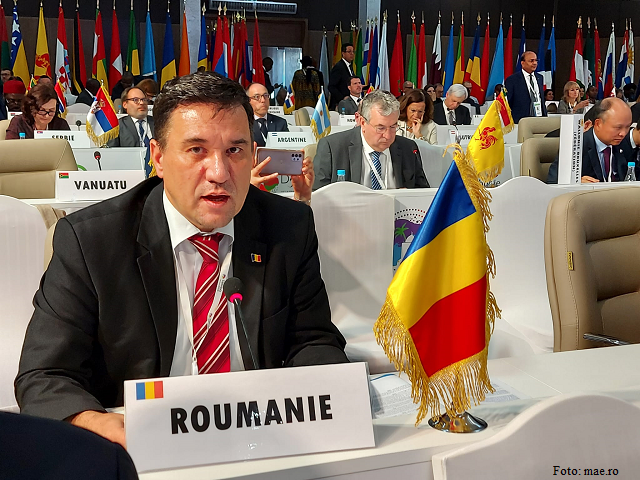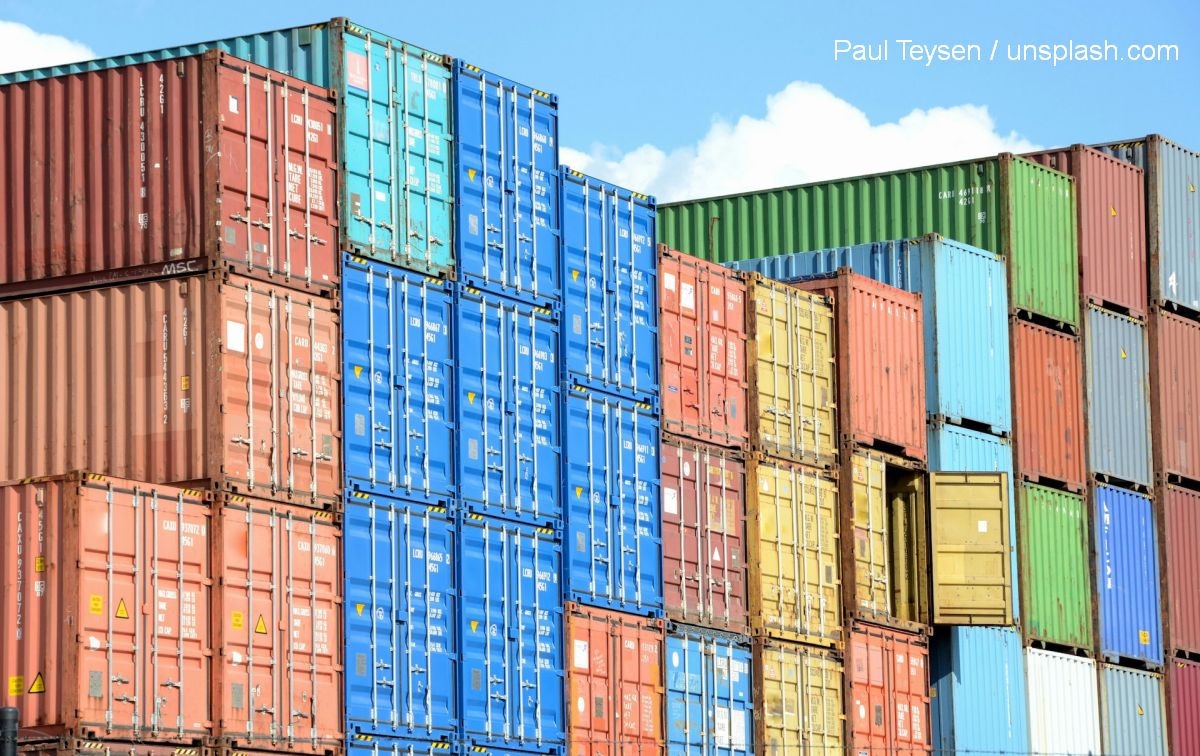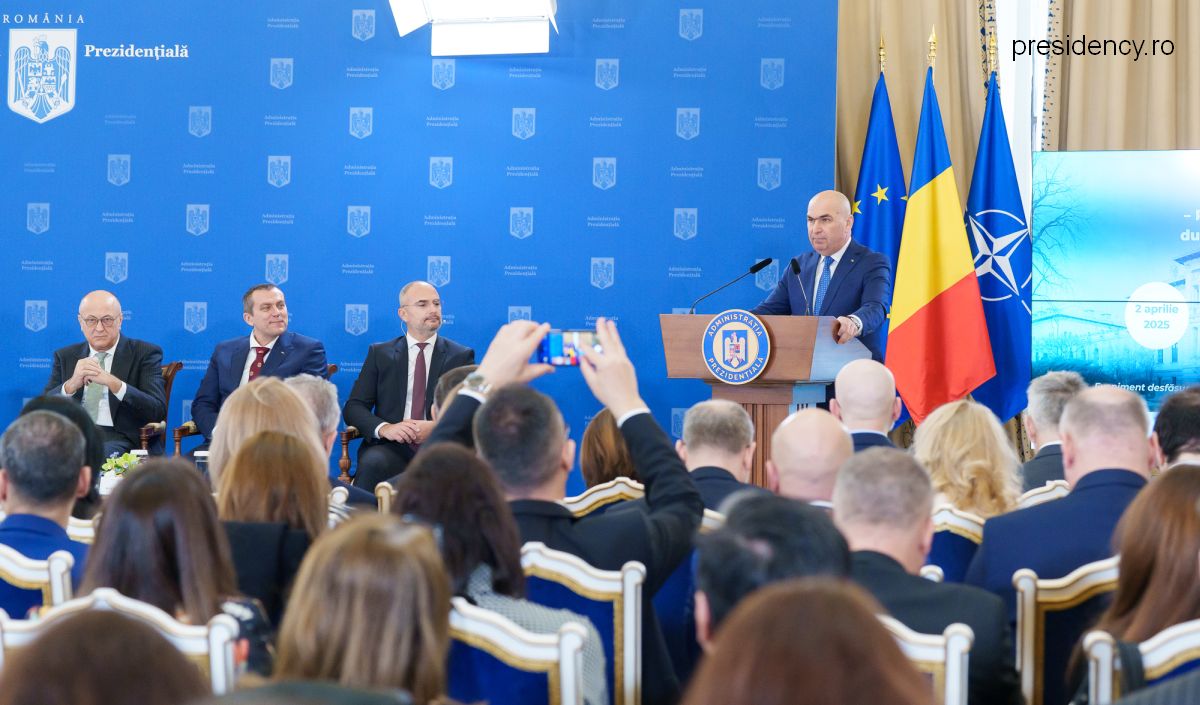Romania at the Francophonie Summit
Romania seeks to strengthen cooperation with French-speaking countries, particularly African ones, in economy and education
Warning: Trying to access array offset on null in /home/web/rri.ro/public/wp-content/themes/rri/template-parts/content.php on line 53

Warning: Trying to access array offset on null in /home/web/rri.ro/public/wp-content/themes/rri/template-parts/content.php on line 98
Bogdan Matei,
21.11.2022, 13:50
Romanias modern history is closely tied to France.
Since the mid-19th Century, after half a millennium of Ottoman control, the pro-Western elites of the Romanian Principalities studied mainly in Paris. A key player in the geopolitics of the time, the Emperor Napoleon III Bonaparte had an essential role in the union of Moldavia and Wallachia in 1859. The Italian-French doctor Carol Davilla came to Bucharest in 1853, at the age of 25, and stayed here, to build Romanias civilian and military medical system from scratch.
A French unit led by the general Henri Berthelot fought together with the Romanian army in the First World War, at the end of which all the provinces with a majority Romanian-speaking population, previously incorporated in the neighbouring multinational empires, came under the control of Bucharest. After the Soviet-backed communist regime came to power in Romania following WW2, France became the one of the destinations of choice for the Romanians who managed to escape into the free world.
For all these reasons, Romania joining the Francophonie movement shortly after the fall of the communist dictatorship in 1989 was quite a natural decision. In September 2006, Bucharest even hosted a Francophonie Summit.
Romanias participation in the 2022 Francophonie Summit, held just days ago in Tunisia, focused on strengthening the countrys cooperation with French-speaking countries, particularly African ones, in the fields of economy and education. In an interview to Radio Romanias correspondent in Djerba, the state secretary with the foreign ministry Traian Hristea, who represented Romania at the summit, outlined Bucharests areas of interest:
Traian Hristea: “The most important sector in which we can have a major impact is the IT and cyber security, two fields in which Romania has excellent performances and where Romanian companies are already present in the African market and the potential for growth is a lot higher than we would have expected. Another field is, obviously, industry, the automobile and spare parts exports, which may see a recovery after a period of absence. Not least, we should look at the foodstuff market. Africa is a continent with a great future, and I think we can capitalise not only on the transfer of goods, commodities and services, but also on the fact that a lot of youth from these countries come to Romania to study, and they pay for their education. So we are talking about financial transfers from these countries to Romania.”
At the request of the president of France Emmanuel Macron, the Djerba Declaration also includes a reference to the Russian invasion of Romanias neighbour, Ukraine. (AMP)






























